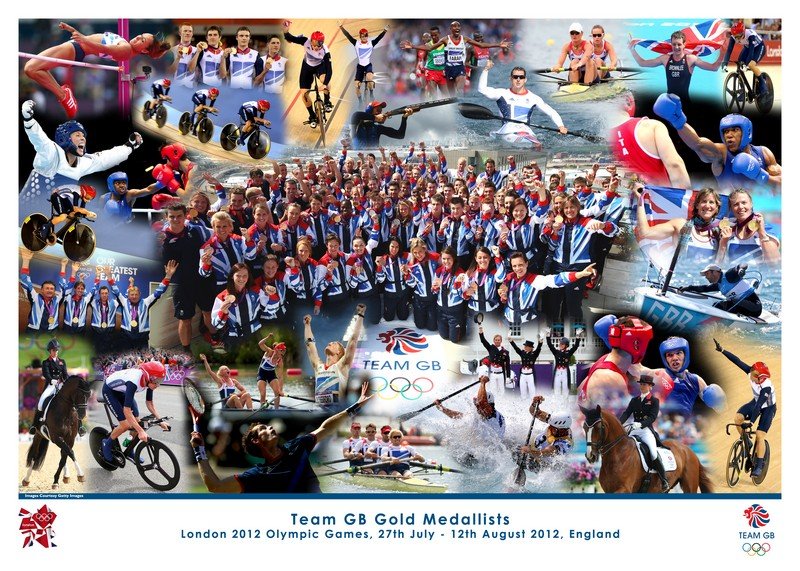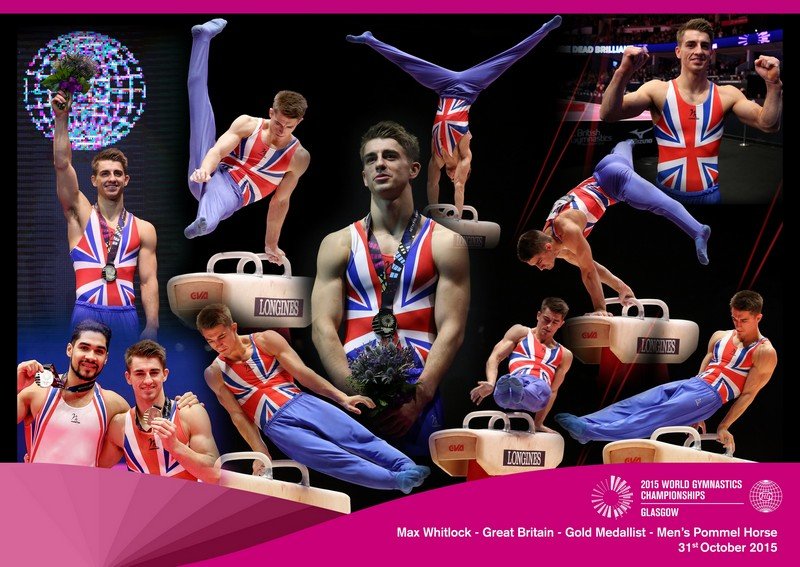OSS THINK PIECE
The OSS invites think pieces contributed by a wide range of people engaged in community sport for wider benefit. To submit an article for consideration, please email David Ferguson – david@oss.scot.
By WYN FANSHAWE
Consultant in how imagery can empower individuals, families and communities in wellbeing and positive behavioural change.
Physical inactivity, poor mental health and loneliness have each been heightened by the effects of Covid-19, creating local, national and global pandemics that cause a substantial burden due to non-communicable diseases, with huge medical, psycho-social and economic consequences.
The WHO Global Action Plan on Physical Activity 2018–2030 suggests that best-practice communication strategies linked with community-based programmes and mass-participation initiatives can be important contributors to increasing physical activity in populations. In July 2021, The Lancet published a Global Study* out of Australia which concluded that (1) ‘The promise of a physical activity and sports participation legacy is not well evidenced’; (2) ‘There is untapped potential to use mass events to promote health behaviour changes that reduce the risk of non-communicable disease’, and (3) ‘By themselves, events such as the Olympic Games have not improved population-wide physical activity, but might be an important missed public health opportunity’.
In November 2021 UK Sport, DCM&S, City of London and EY launched a Report that projected over £4bn of Soft Power Trade & Investment benefits over the next 10 years generated by Major Sporting Events (“MSEs”). However, nowhere in the Report was there a reference to “Wellbeing” and “Health Care”.
So, by integrating Wellbeing and Health Objectives into the MSE ecosystem, and by working with public health authorities on system-based strategies from the very beginning of planning, how much greater than £4bn would the benefits be to the UK economy?
 Scottish Sport’s Biggest Assets
Scottish Sport’s Biggest Assets
Through the last 20 years Scotland has steadily built a reputation as one of the world’s leading destinations for staging major events to generate economic, environmental and social benefits, and around each event is powerful and compelling Photographic Imagery. Everyone loves and reacts to an iconic photo, but has the asset of Photographic Imagery been fully exploited by MSEs, given the acceleration of digital and technological advances since the pandemic forced so many changes?
The brain works in images which is the most natural and quickest way to process information, which in turn can be easily remembered and recalled. Communication has two factors – Rational and Emotional. Evoking emotion is vital – they give persuasive results and have the potential to change behaviours and remain with a person for a long time afterwards. According to many life scientists and psychologists “Behaviour’s best friend is Emotion”. With advances in digital technology “citizen personalisation” has become a reality, and retention of such visual messaging by “Internalisation” is considered one of the keys to new habit formation. Images that trigger emotion become valuable “data points” in creating a system-based approach with clear intervention plans that deliver quantifiable outcomes. Combining Emotion, Personalisation and Internalisation are three critical factors in providing evidence that Sports Photographic Imagery can empower individuals into measurable uplifts in physical, mental and social Wellbeing.
So, given that “wellbeing” is now such a critical aspect to our lives, why are those involved in the planning of MSEs not using the inspirational power of images to improve our physical and mental health? Scotland, with such a strong heritage and track record in not only Major Events but in Science and in Medicine, could and should take the lead on the national and world stage.
*Physical Activity: An evidence-based assessment of the impact of the Olympic Games on population levels of physical activity – July 2021
A Solution to a Healthier Scotland
Behavioural research pilot studies have only recently started at the University of Stirling with the aim to provide evidence that Sports Photographic Imagery can empower individuals into positive behavioural change. However, because of the urgency now from Government to help raise physical and social activity levels, as well as for more effective, less expensive, non-clinical solutions to reduce the risk of non-communicable diseases, similar research programme should be designed to address different age groups from classroom to care homes, as well as for special-need groups where direct intervention is required. In addition, computer science students in universities should be engaged to deploy latest learnings from trends such as Artificial Intelligence and Virtual Reality, to create and test digital healthcare interventions, again targeted at specific age and special needs groups.
Armed with such a portfolio of solutions, MSE planners and rightsholders could work alongside public and regional health authorities, as well as with national and local government, industry and the third sector to place Wellbeing objectives as an integral part of their core proposition. Such purpose-driven campaigns which accept accountability measured in positive social impacts and outcomes, should appeal to CEOs who are under pressure from consumers and fans to make a genuine life-changing difference.
The Observatory for Sport in Scotland is, therefore, perfectly placed to:
- Identify, through the Research Advisory Group, the most appropriate universities to fast-track ethical procedures and implement behavioural and product research requirements;
- Bring every relevant sector in Scotland together through a public health approach to create, deliver and share globally a realistic vision and system-based plan for how sport can tackle a country’s health concerns; and
- Attract multi-sectoral partnerships into funding and resourcing solutions which have a transformative effect on communities in Scotland.
Authored by Wyn Fanshawe ©2022 Capture the Event Services Ltd. All rights reserved. Images courtesy Capture the Event & Getty Images. To reproduce any part of this article, please contact David Ferguson at david@oss.scot.







Thought Piece from Charlie Raeburn for Reform Scotland